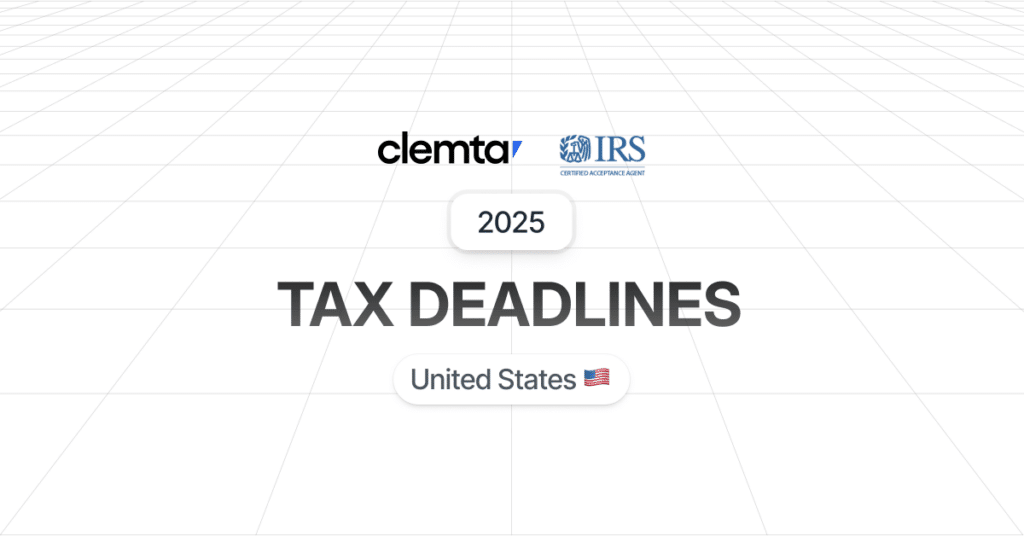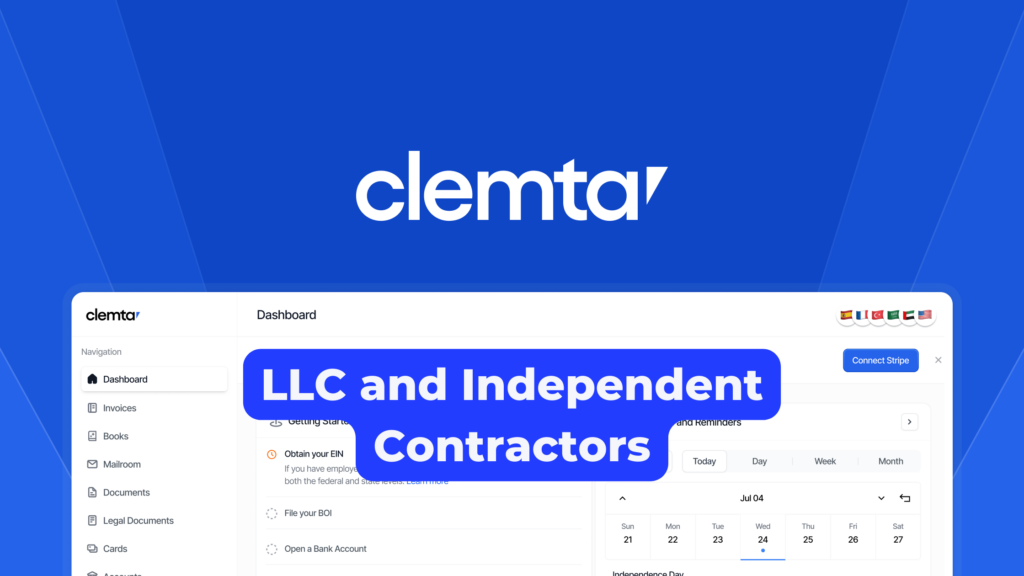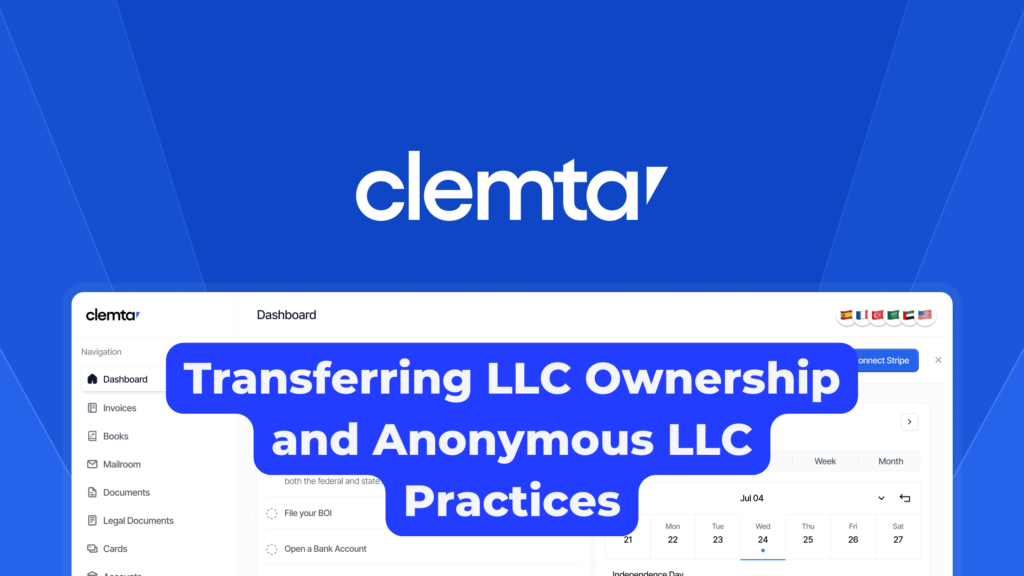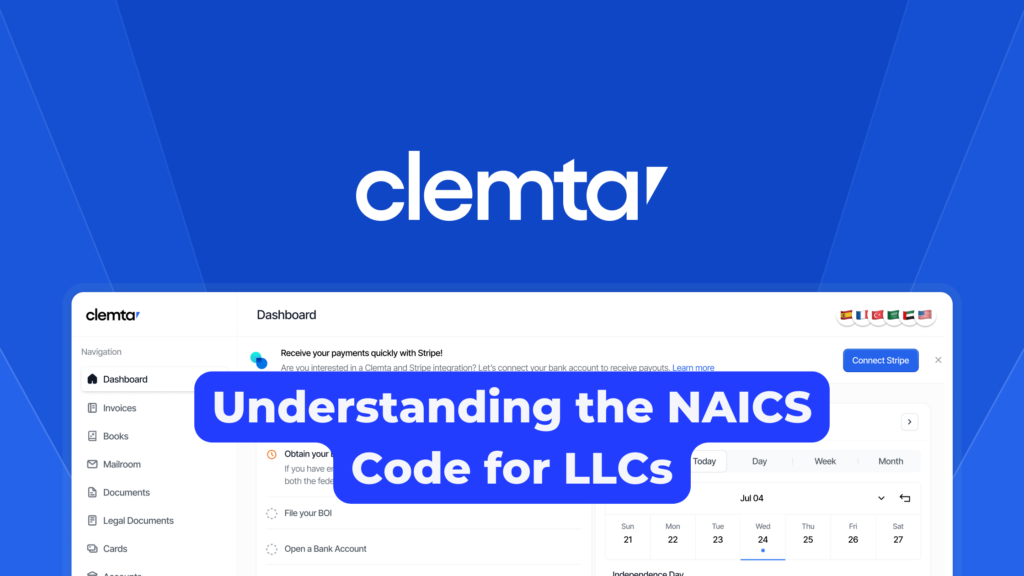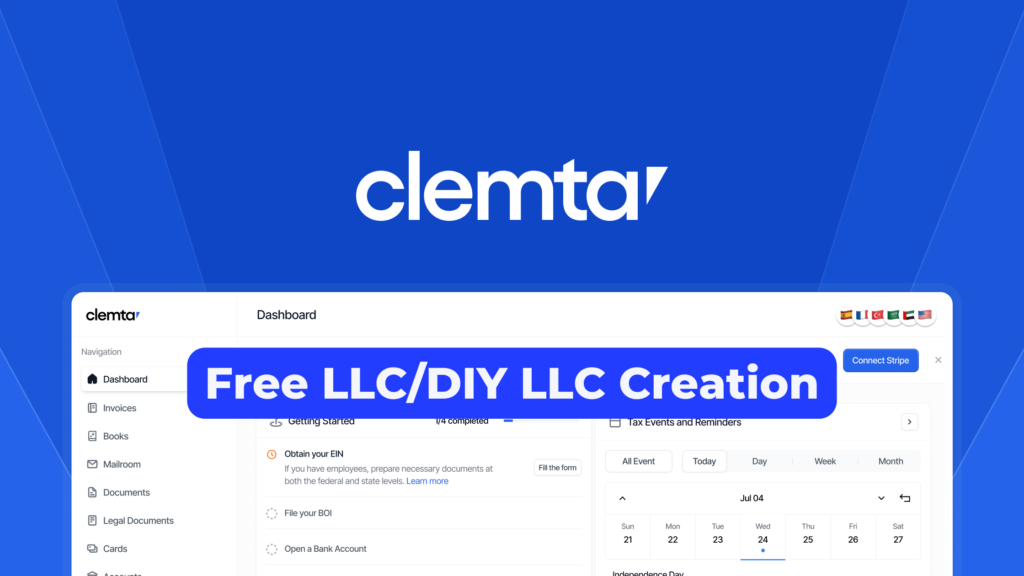Staying on top of your tax obligations is crucial to avoid penalties and ensure smooth financial operations. The IRS Tax Calendar 2025 outlines essential tax deadlines for individuals, businesses, and corporations. Whether you are self-employed, managing a business, or filing as an individual taxpayer, keeping track of these dates will help you stay compliant with the IRS. For additional guidance, consult official resources like IRS.gov.
January 2025
January marks the beginning of the tax year, making it essential for individuals and businesses to prepare their tax documents. This month includes deadlines for estimated tax payments and filing information returns. Proper planning in January can set the tone for a smooth tax season.
January 15: 2024/Q4 Estimated Tax Payment Due
Self-employed individuals and those with income not subject to tax withholding must submit their fourth estimated tax payment for 2024. Missing this deadline could result in penalties, so it’s important to calculate your estimated taxes accurately.
January 31: E-File Deadline for Information Returns
Employers and payers must electronically file Forms 1099-NEC, 1099-MISC, 1099-K, W-2, and W-3 to report payments made to employees and independent contractors. Timely submissions help avoid penalties and ensure compliance with IRS regulations.
February 2025
February is a key month for businesses that need to file paper tax documents. Companies should ensure timely submission of required forms to avoid delays or penalties. Double-check all information for accuracy before filing.
February 28: Paper Filing Deadline for Certain 1099 Forms
If filing on paper, Forms 1099 and 1099-DIV must be submitted by this date. Late submissions can lead to fines, so businesses should aim to complete their filings well before the deadline. For more information, visit tax resources on your state’s website.
March 2025
March is an important month for corporate tax filings, including LLCs and S-Corporations, as well as franchise tax payments. Businesses should ensure they meet these deadlines to avoid penalties and maintain their good standing.
March 1: Delaware C-Corp Annual Report & Franchise Tax Payment
Delaware C-Corps must file their annual report and pay franchise tax, which starts at $175. This deadline is critical for businesses incorporated in Delaware, a popular state for corporations due to its business-friendly laws.
March 17: Federal Tax Return Deadline for Multi-Member LLCs and S-Corps
Businesses structured as multi-member LLCs and S-Corps must file their federal tax returns or request a 6-month extension. Additionally, entities opting to be taxed as S-Corps must submit their election within 75 days of the tax year’s start.
March 31: E-Filing Deadline for Payout Information Returns
This includes Forms 1097, 1098, 1099 (excluding NEC), 3921, 3922, and W-2G. Accurate and timely reporting is essential to avoid IRS scrutiny.
April 2025
April is the most significant month for tax filings, as it includes the standard Tax Day for individuals and corporations, along with FBAR requirements. Planning ahead can help you avoid last-minute stress.
April 15: Federal Tax Return Deadline for Individuals, Single-Member LLCs, and C-Corps
This is the standard Tax Day for individuals, single-member LLC owners, and C-Corps to file their tax returns or request an extension. Missing this deadline can result in significant penalties.
April 15: Report of Foreign Bank and Financial Accounts (FBAR) Deadline
U.S. individuals and businesses with foreign financial accounts exceeding $10,000 must file FBAR. This requirement helps the government track offshore assets and ensure tax compliance.
June 2025
June marks the middle of the year and includes deadlines for estimated tax payments and franchise tax for Delaware LLCs. Staying on top of these mid-year deadlines can prevent financial disruptions.
June 1: Delaware LLC Franchise Tax Payment
Delaware LLCs must pay a $300 franchise tax fee. This fee is mandatory for all Delaware LLCs, regardless of whether they are active or inactive.
June 16: 2024/Q2 Estimated Tax Payment Due
Self-employed individuals and businesses must pay their second quarterly estimated tax payment for 2024. Timely payments help avoid underpayment penalties.
September 2025
September is critical for businesses on extension, as they must finalize their tax filings. Proper preparation can help you meet these extended deadlines without issues.
September 15: Final Deadline for Multi-Member LLCs and S-Corps on Extension
Businesses that applied for a 6-month extension must file their final returns. Additionally, companies with fiscal years ending June 30 must file their tax returns or request an extension by this date.
October 2025
October is the final deadline for individuals and businesses that requested extensions in April. This is your last chance to file without incurring significant penalties.
October 15: Final Deadline for Individuals, Single-Member LLCs, and C-Corps on Extension
Those who applied for a 6-month extension must now submit their tax returns. Filing after this date can result in penalties and interest charges.
Frequently Asked Questions (FAQ)
What happens if I miss a tax deadline?
If you miss a deadline, you may face penalties and interest charges. The IRS can impose fines of up to $25,000, and state agencies may also apply penalties or revoke your business’s good standing. For state-specific penalties, visit your local tax authority, such as www.sos.state.california.gov.
Can I request an extension for filing my taxes?
Yes, most tax filings, including individual, LLC, and corporate tax returns, allow for a 6-month extension. However, you must still pay any estimated taxes due by the original deadline to avoid underpayment penalties.
How can I stay updated on tax deadlines?
You can check the IRS website, subscribe to tax alerts, or use a tax compliance service to receive reminders and updates. For more information, visit www.irs.gov.
Final Thoughts
Understanding the Tax Calendar 2025 is crucial for staying compliant with federal and state tax regulations. Whether you’re filing as an individual or managing a business, ensuring timely submissions can help you avoid penalties and maintain good standing with the IRS. Mark these dates on your calendar and plan ahead to meet your tax obligations efficiently. For additional support, visit app.clemta.com.

